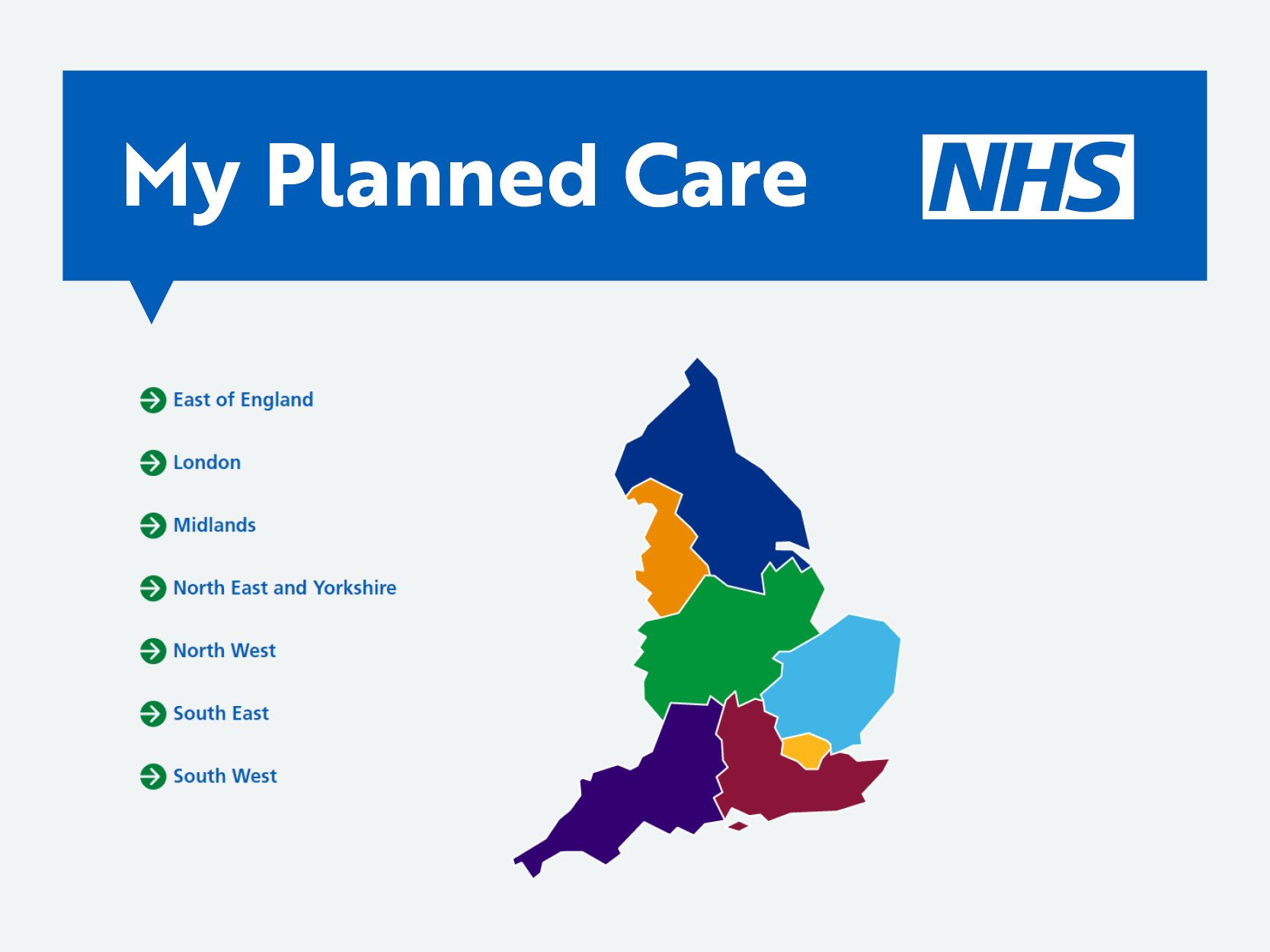Waiting well for surgery
Preparing while you wait for orthopaedic surgery
We understand that waiting for elective surgery can be a challenging time, especially with potential extended waiting periods. While waiting for your procedure, there are steps you can take to prepare both physically and mentally. These preparations can help improve your recovery and enhance the success of your surgery.
Stay active (within your limits)
Keeping as active as possible before surgery is crucial for your recovery, particularly for orthopaedic procedures. Even though your condition may limit your mobility, gentle exercises can strengthen the muscles around your affected joint, improve flexibility, and help maintain your overall fitness. Activities such as swimming, light walking, or prescribed physiotherapy exercises can be highly beneficial. If you're unsure which exercises are safe for your condition, speak to us or with your GP or physiotherapist.
Manage your weight
Maintaining a healthy weight can reduce strain on your joints and improve surgical outcomes. If you need to lose weight, adopting a balanced diet and incorporating regular exercise can help reduce stress on your joints and enhance your recovery post-surgery. A diet rich in fruits, vegetables, lean proteins, and whole grains will support overall health and healing.
Control pain and manage symptoms
While waiting for surgery, managing your pain and symptoms is key to maintaining your quality of life. Over-the-counter pain relief, prescribed medications, or physical therapy can help manage discomfort. Heat or cold therapy, as well as using mobility aids such as crutches or braces, may also be useful. Be sure to follow the advice of your healthcare team when managing symptoms and avoid any activities that could exacerbate your condition.
Quit smoking and reduce alcohol intake
Smoking and excessive alcohol consumption can increase the risk of complications during and after surgery. Smoking slows down wound healing and can affect your body’s ability to recover, while alcohol can weaken your immune system and affect how your body responds to medications. If you smoke, consider quitting, and try to limit alcohol consumption in the weeks leading up to your surgery.
Plan ahead for after surgery
Extended waiting times provide a good opportunity to plan for your recovery period. Consider how you will manage your daily activities after surgery, particularly if your mobility will be limited. Arrange for help with tasks such as grocery shopping, meal preparation, or childcare, and ensure you have a comfortable, accessible space at home for recovery. Stocking up on essential items and preparing meals in advance can help reduce stress post-surgery.
Stay mentally prepared
Long waiting times for surgery can be stressful, but maintaining your mental well-being is just as important as physical preparation. Mindfulness, relaxation techniques, or gentle activities like reading or hobbies can help ease anxiety. If you’re feeling particularly anxious or overwhelmed, don’t hesitate to reach out for support—whether it’s talking to family or friends, or seeking professional counselling. Mental readiness is key to a positive surgical experience and smooth recovery.
Attend pre-operative assessments and follow medical advice
My Planned Care gives you advice and support while you wait and helps you to prepare for your hospital consultation, treatment, or surgery. This includes giving you information about waiting times at your hospital and other supporting and local services while you wait.
This site is updated weekly and can be viewed by anyone, which means you, your family or carer as well as your NHS team can all see the latest information.
